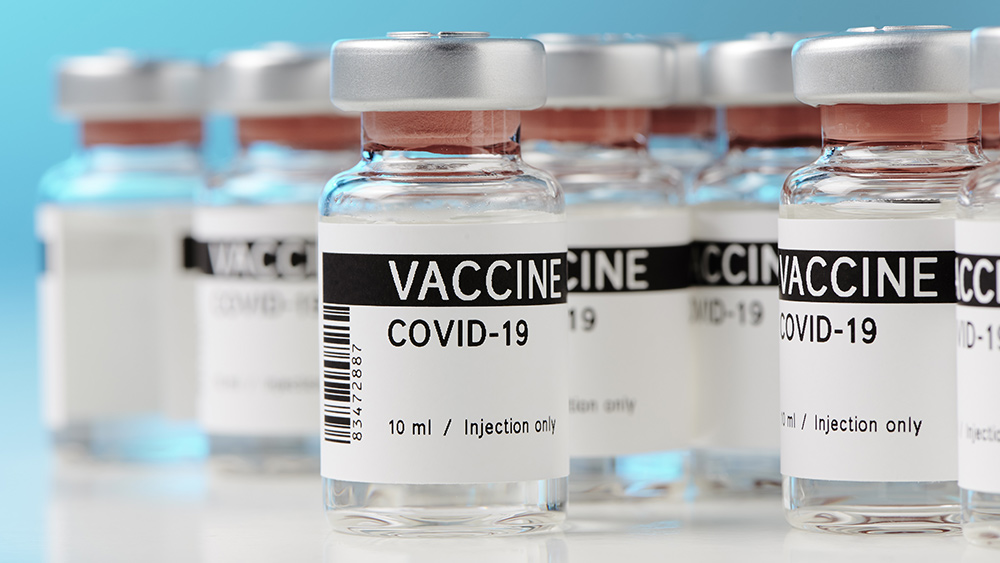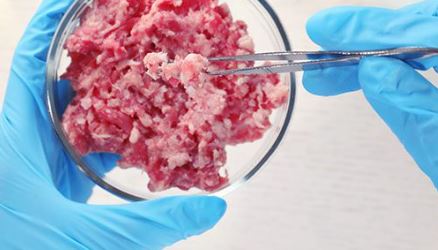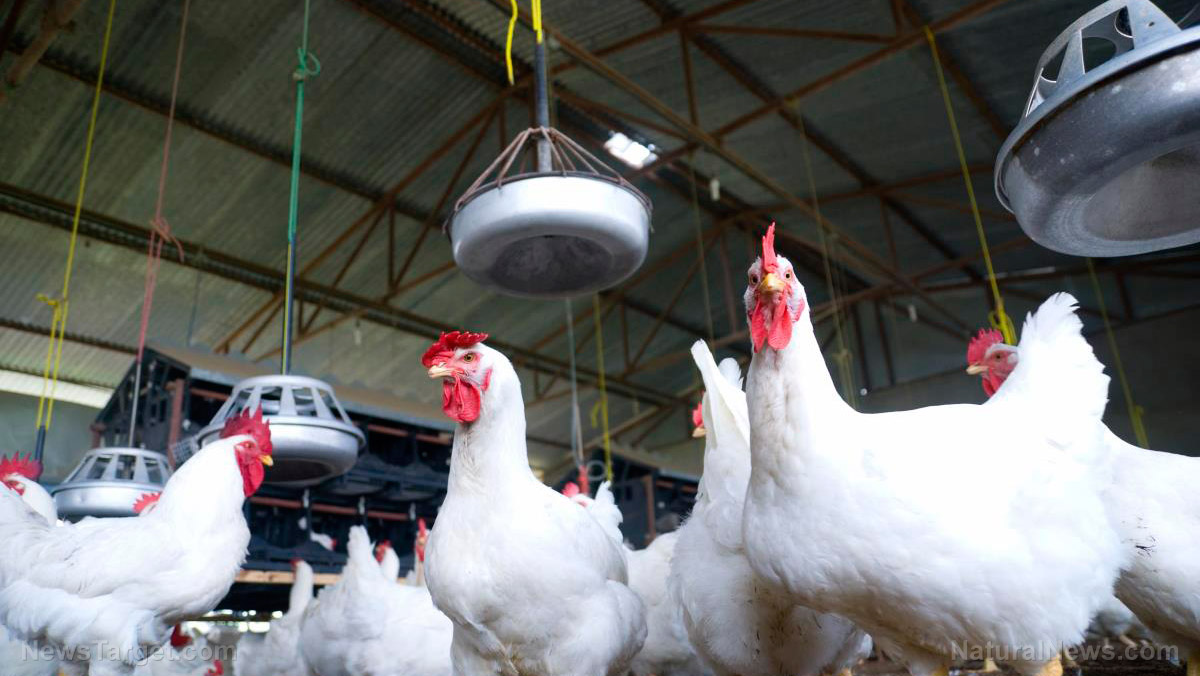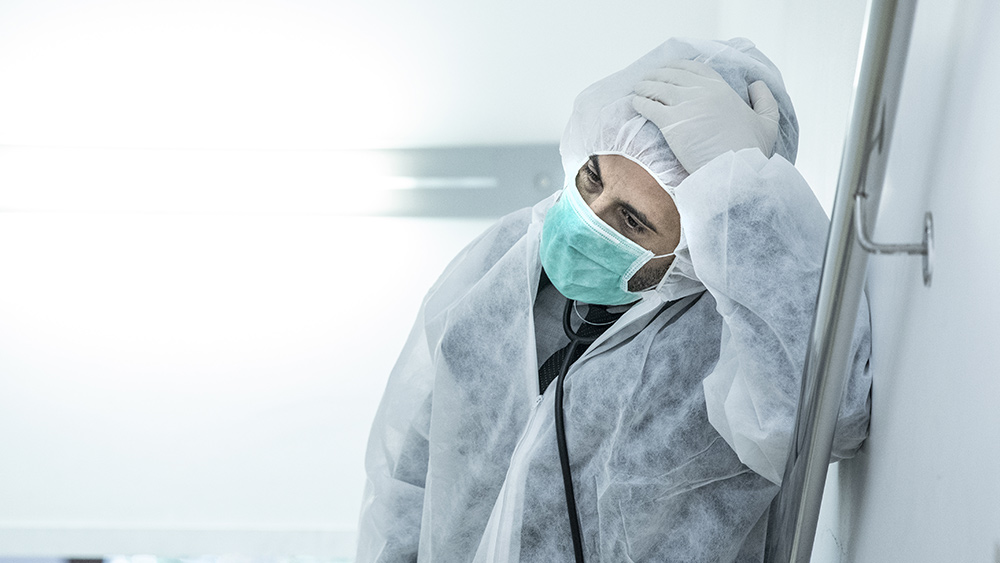Another attack on the food supply? USDA detects “atypical” case of mad cow disease in South Carolina
05/25/2023 / By Belle Carter

The U.S. Department of Agriculture (USDA) announced on Friday, May 19, that an atypical case of bovine spongiform encephalopathy (BSE), commonly known as the mad cow disease, has been detected in South Carolina (SC) – the seventh detection of BSE in the United States since 2003.
“This animal never entered slaughter channels and at no time presented a risk to the food supply or to human health in the United States. Given the United States’ negligible risk status for BSE, we do not expect any trade impacts as a result of this finding,” the federal agency said in a statement.
According to SC’s leading public research institution, Clemson University, the cow was from Tennessee and tested positive for atypical BSE.
The animal was euthanized after showing symptoms of the disease upon arrival at the plant in SC. Samples were sent to a National Animal Health Laboratory Network (NAHLN) lab for testing and returned suspect for BSE. The samples were then sent to the USDA Animal and Plant Health Inspection Service’s (APHIS) National Veterinary Services Laboratories (NVSL) where they were confirmed positive for atypical L-type BSE.
Atypical BSE generally occurs in older cattle and seems to arise rarely and spontaneously in all cattle populations.
South Carolina state veterinarian Michael Neault, director of the university’s Livestock Poultry Health Department, said this is an “isolated case.”
Of the six previous cases in the country, the first was a case of classical BSE in a cow imported from Canada 20 years ago and the rest have been atypical (H- or L-type) BSE.
APHIS also claimed that America has a longstanding system of interlocking safeguards against BSE that protects public and animal health in the country. It added that the most important of which is the removal of specified risk materials or the parts of an animal that would contain BSE should an animal have the disease.
“The second safeguard is a strong feed ban that protects cattle from the disease. Another important component of our system – which led to this detection – is our ongoing BSE surveillance program that allows USDA to detect the disease if it exists at very low levels in the U.S. cattle population,” the website further included.
FDA: Mad cow disease could be deadly for humans
According to the Food and Drug Administration (FDA), humans could acquire a version of BSE called variant Creutzfeldt-Jakob disease (vCJD) if they ingest food from cows that are infected with BSE. In 2019, researchers reported that one in 2,000 people in the United Kingdom were carriers of vCJD, the BBC reported.
As of that year, 232 people died after getting infected with vCJD. Most of the victims lived in the U.K. at some point in their lives. Four of them lived in the United States. The four Americans who died after contracting vCJD most likely were infected when they were living or traveling overseas, the agency said.
BSE was linked to the practice of feeding cattle an artificial protein supplement that was made from the remains of other animals in an attempt to speed up their growth. Meanwhile, vCJD progressively attacks the brain but can remain dormant for decades.
Also, a 2014 report of the House of Commons Science, Innovation, and Technology Committee stated that thousands of people could be asymptomatic carriers of the prions that cause vCJD and blood transfusions were a key channel of transmission. The infection is untreatable and incurable despite decades of research. There is also no test to determine whether a person carries the disease.
Richard Knight, a senior neurologist based in Edinburgh, said there were still people silently infected. “Every prediction that we have suggests that there are going to be further cases,” he added. (Related: Mad cow disease could remain hidden in humans for decades; future death waves possible.)
Visit Infections.news to read more stories related to infectious diseases like mad cow disease.
Watch the BBC documentary that tackles the fatal “man-made” mad cow disease below.
This video is from the Truth or Consequences channel on Brighteon.com.
More related stories:
USDA downplays seriousness of mad cow disease found in Alabama cow.
Experimental Covid-19 “vaccines” could cause mad cow disease, experts warn.
Toxic biosolids linked to deadly prion-related illnesses like mad cow disease.
Cases similar to mad cow disease in Brazil not linked to beef consumption, may be caused by vaccines.
Sources include:
Submit a correction >>
Tagged Under:
animal health, bovine spongiform encephalopathy, BSE, Cattle, Collapse, cows, food collapse, food supply, infections, infectious disease, L-type BSE, livestock, mad cow disease, outbreak, vCJD
This article may contain statements that reflect the opinion of the author



















